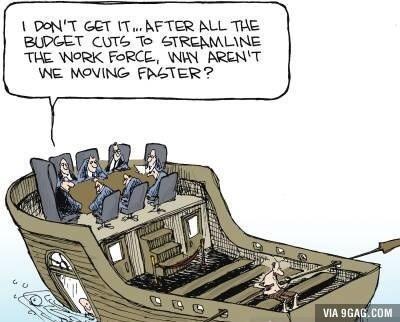Finally, a competition where you can win, too, seriously.
Yes you can, I’m serious. And you win something serious…
The deal:
Your top-3 predictions, in comments, about what new ‘cyber’security stuff (#ditchcyber) will happen in 2017.
In return, if you’re the top predictor (NO.), to celebrate you’ve best found ’17’s bubbles of the year you’ll receive a perfect bottle of ’17 bubbles.
The things you describe can be of any sort, related to information security in the widest sense. Something-cloud, something-privacy, something-Docker, something- Layer 7 or 8 firewalls, something-systemic-breachlike, whatever, it’s up to you. However:
Some terms and conditions [subject to updating when needed..! My call and prerogative]:
- No editing your predictions after entering them;
- Three apiece;
- None should not be around per second half of December 2016;
- All should be measurable, and measurably the largest over 2017, suggestions for measurement/metrics should be attached.
I’ll be awaiting your wisdom / totally random stuff with:

[Who would’ve predicted the success, and beauty, of this/these, eh? DC]














